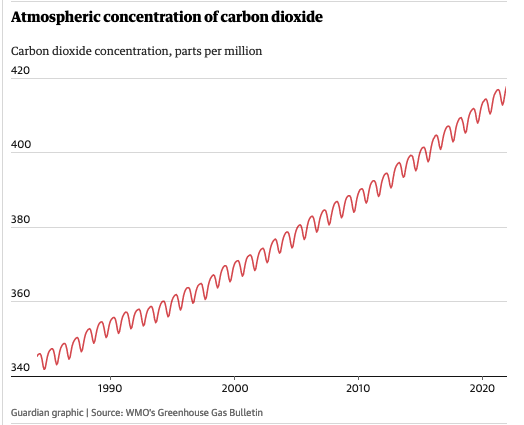
#Digitization, #Surveillance, #Colonialism via @CarissaVeliz in @readliberties
"Iron Law of Digitization: to digitize is to surveil."
libertiesjournal.com/articles/digit…
"Iron Law of Digitization: to digitize is to surveil."
libertiesjournal.com/articles/digit…
"There is no such thing as digitization without surveillance. The very act of turning what was not data into data is a form of surveillance."
"Privacy is important because it protects us from possible abuses of power. As long as human beings are human beings and organizations are organizations, abuses of power will be a constant temptation and threat. That is why it is supremely reckless to build a surveillance
architecture. You never know when that data might be used against you — but you can be fairly confident that sooner or later it will be used against you. Collecting personal data might be convenient, but it is also a ticking bomb; it amounts to sensitive material waiting for the
chance to turn into an instance of public shaming, extortion, persecution, discrimination, or identity theft. Do you think you have nothing to hide? So did many American women on June 24, only to realize that week that their period was late. You have plenty to hide — you just
don’t know what it is yet and whom you should hide it from.
In the digital age, the challenge of protecting privacy is more formidable than most people imagine — but it is nowhere near impossible, and every bit worth putting up a fight for, if you care about democracy or
In the digital age, the challenge of protecting privacy is more formidable than most people imagine — but it is nowhere near impossible, and every bit worth putting up a fight for, if you care about democracy or
freedom. The challenge is this: the dogma of our time is to turn analog into digital, and as things stand today, digitization is tantamount to surveillance.
Behind the effort to digitize the world there is a corporate imperative for growth. Big tech companies want to keep
Behind the effort to digitize the world there is a corporate imperative for growth. Big tech companies want to keep
growing, because businesses are rarely stable animals — companies that are not on their way up are usually on their way down. But they have been so successful and are so gigantic that it is not easy for big tech to find room to grow. Like Alice in Wonderland, trapped in the
rabbit’s house after growing too big, tech companies have their arms and legs sticking out the windows and chimney of the house of democracy. One possibility for further growth is to attract new users. But how to find fresh blood when most adults with internet access worldwide
are already your users? One option, which Facebook is unscrupulously pursuing, is to focus on younger and younger children. The new target group for the tech company is children between the ages of six and nine. This option is risky. There are several investigations into
Facebook and Instagram for knowingly causing harm to minors. What, then, are the other options for the expanding behemoths?...
Some people think that if surveillance is done by corporations and not the government, the concern is lessened. Others think the opposite: that if surveillance is done by the government and only by the government, we will be safe....
Both views are wrong: corporate surveillance is as dangerous as government surveillance and vice versa, and even peer-to-peer surveillance undermines ways of life that are supportive of freedom and democracy...
Cultures of exposure are another good example of how surveillance leads to control. The pressure to overshare encourages social vices such as stalking and witch-hunting.
If everyone is pressured into exposing their opinions and habits, it is a matter of time before someone finds some of them objectionable and starts hunting people for their views.
It is interesting how something that used to be regarded as inappropriate — exhibitionism — has now morphed into being considered a social imperative — transparency.
Some measure of transparency is certainly appropriate when it comes to institutions — but not when applied to individual citizens. Both exhibitionism and social policing cause “either-you’re-with-us-or-against-us” mentalities and thereby jeopardize civic friendship...
We need urgently to defend the analog world for everyone. If we let virtual reality proliferate without limits, surveillance will be equally limitless.
If we do not set some ground rules now on what should not be digitized and augmented, then virtual reality will steamroll privacy, and with it, healthy democracies, freedom, and well-being. It is close to midnight."
That's a wrap!
If you enjoyed this thread:
1. Follow me @ESpacewalk for more of these
2. RT the tweet below to share this thread with your audience
If you enjoyed this thread:
1. Follow me @ESpacewalk for more of these
2. RT the tweet below to share this thread with your audience
https://twitter.com/1136697983813136384/status/1589317740707418113
• • •
Missing some Tweet in this thread? You can try to
force a refresh








